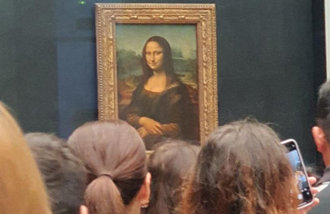[Opinion] Hines Ward
On the eve of January 29, Lunar New Years Day, Park Il-jun, a Black-Korean singer, appeared on a special radio chat show program. Singer Kim Heung-kook, who emcees this program in which celebrities play games and sing songs, asked Park twice whether he washed his face. Park, who knows Kim very well, laughed with self-deprecating humor, but it was a joke that would not be heard in most other societies. Joking about the color of ones skin is racial discrimination.
According to the Korean National Statistical Office, interracial marriages between Koreans and foreigners increased from 12,319 cases in 2000 to 35,447 in 2004. While a large proportion of marriages were between American soldiers and Korean women in the past, the current trend points to an increasing number of links between Korean Chinese or Southeast Asian women and Korean men from the rural areas. Though more children from interracial marriages are being born today than ever before, it is hard to locate success stories other than in entertainments and sports. The pure blood mentality unique to the Korean society is posing a barrier in their education and employment.
In the multiracial society of America, the interracial population amounts to 7.3 million people, roughly 2.6 percent of the total population of 281.4 million. Three hundred eighty thousand have one Asian parent, and 100,000 are born from a combination of Asian and African-American. Representative Lane Evans who visited Korea last month is pushing for a law granting children born between women from Korea, Laos, Vietnam, Cambodia, and Thailand and American men to be eligible not only for a green card but also for citizenship, in order to alleviate racial discrimination.
Hines Ward of the Pittsburgh Steelers, who was selected as the MVP in the National Football Leagues Super Bowl, has a Korean mother. Though experiencing difficulties and discrimination during his trajectory in achieving a status as a hero in the U.S., he would never have received such accolades had he lived in Korea. Could he have displayed his skills in the context of Koreas closed-mindedness mentality and regional, school, and family ties? The Korean society should open itself more in various fields in order to produce more Korean Hines.
Han Ki-heung, Editorial Writer, eligius@donga.com







